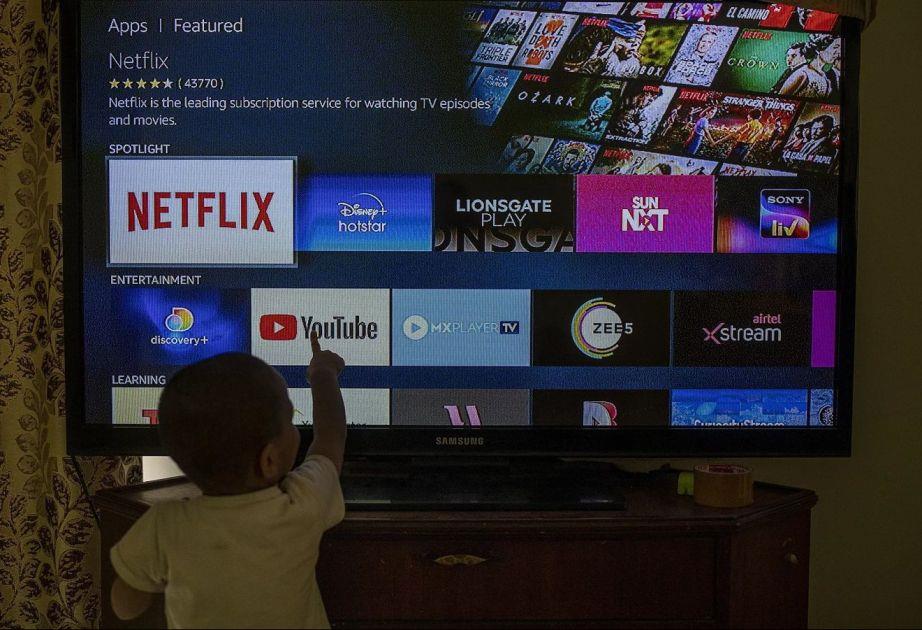
Most Children In Europe Spend Too Much Time In Front Of Screens
According to the results of a new worldwide study, children in Europe do not play sports. In addition, three out of four 3-4-year-old children in Europe spend too much time in front of the screen, do not get enough sleep and lack daily exercise, Azernews reports.
International standards emphasize that children under 5 years of age can spend at least one hour a day in intensive sports, three hours in physical activity, 10-13 hours in sleep and only one hour in front of the screen.
According to a study published in the journal JAMA Pediatrics and covering about 7 thousand children, only 14.3 percent of children in 33 countries meet these standards. At the same time, 81 percent of children get enough sleep, 41.8 percent meet the criteria for screen time, and 49.2 percent do not lack physical activity.
According to researchers from the Australian University of Wollongong, the findings could have serious implications for the health and well-being of people around the world throughout their lives, as early childhood provides a "crucial opportunity" to form healthy habits.
Associate Professor Sarah Rose, a developmental psychologist at Staffordshire University in England, said it is very important to check how well children follow these recommendations in different countries: "The results of the study presented in the report show the need to make some changes in children's lives. Although I was not involved in the investigation, I would like to take into account the importance of taking the necessary measures for this."
Regional differences . In Africa and Europe, the indicators are slightly better: about a quarter of children meet all three criteria. While half of European children spend limited time in front of the screen, 53.5 percent get enough physical activity and almost all (94.7 percent) get enough sleep. According to the study, girls in Europe adapt to more screen time than boys, which leads to less physical activity.
The children of North and South America have both the best and the worst habits. For example, although two out of three children get enough physical activity, they also spend a lot of time watching screens. It is reported that only 17 percent of those who follow the screening rule comply with it.
Many European countries try to limit the time that children spend in front of the screen. For example, the Swedish Public Health Agency has proposed banning examinations for infants under 18 months of age, as well as children under two years of age. In addition, the French government has stated that children under the age of three should not spend time in front of the screen and that it should be "strictly limited" to the age of six.
In some other countries, such as China, Internet video games are limited, which young people spend a lot of time playing. On the other hand, researchers from Sweden's Lund University note that digital technologies are present in everyday life everywhere, and the restrictions that will be imposed in this area will not always be realistic.
Legal Disclaimer:
MENAFN provides the
information “as is” without warranty of any kind. We do not accept
any responsibility or liability for the accuracy, content, images,
videos, licenses, completeness, legality, or reliability of the information
contained in this article. If you have any complaints or copyright
issues related to this article, kindly contact the provider above.


















Comments
No comment